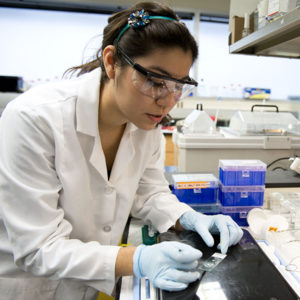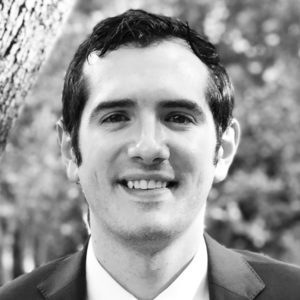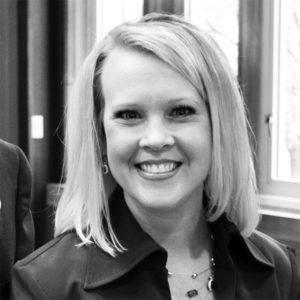 The best way to prepare for a bold future is to create it.
The best way to prepare for a bold future is to create it.
What do you envision when you think of the future? You’re probably not picturing crystal balls, flying cars, or having long conversations with artificial intelligence, but we’re sure you’ve at least thought about your career goals. Have you also considered the path you’ll need to take to get there?
Your future self will thank you.
We asked UTSA professors and staff what next-gen Roadrunners will need to do to prepare for a successful bold future. Flip through to see what these field experts have to say and how UTSA can help you develop the skills and live out the experiences you’ll need to create a bold future.
Jill Ford, assistant dean for the College of Engineering
Jill Ford is the assistant dean for the College of Engineering and the director for the Student Success Center, which is a unique place for UTSA Students to learn about the many opportunities available for their professional growth and development.
What skills should students have for their future?
Adaptability and embracing change are two important skills, and communication and collaboration are also very critical. You can have the best idea in the world, but if you cannot communicate effectively, it will be tough to be successful.
How is UTSA preparing students for the job market?
Many of our degree programs have industrial advisory boards that meet regularly to provide guidance and input on curriculum and industry trends. This is imperative for us to adapt and change, when necessary, to ensure our graduates can succeed in a world where technology is ever-changing. Learn to adapt quickly and make the best decisions possible with limited information.
Christopher Combs, College of Engineering Professor
Christopher Combs is a professor for UTSA’s College of Engineering. He teaches courses in mechanical engineering and also sponsors the university’s aerospace engineering program.
How is UTSA preparing students for the job market?
We approach engineering with an emphasis on long-lasting technical skills. Being able to write code, draft technical drawings, and run simulations are all skills that are transferrable and will be important for a long time. Students must also learn how to collaborate, solve problems together, pitch their ideas, and communicate the results of their work.
Can you think of any recent grads who have a unique success story?
I’m proud of our first year with the aerospace program. I sponsored a senior design team to help build our Mach 7 wind tunnel nozzle and test section. They did a great job with the project, and now three of the four team members have jobs at Boeing!
After you graduate, your professors will still be here for you. We’re happy to provide letters of recommendation, career advice, mentoring, or answers to technical questions. We love to know how you’re doing and hear about your success.
See the full issue below!


